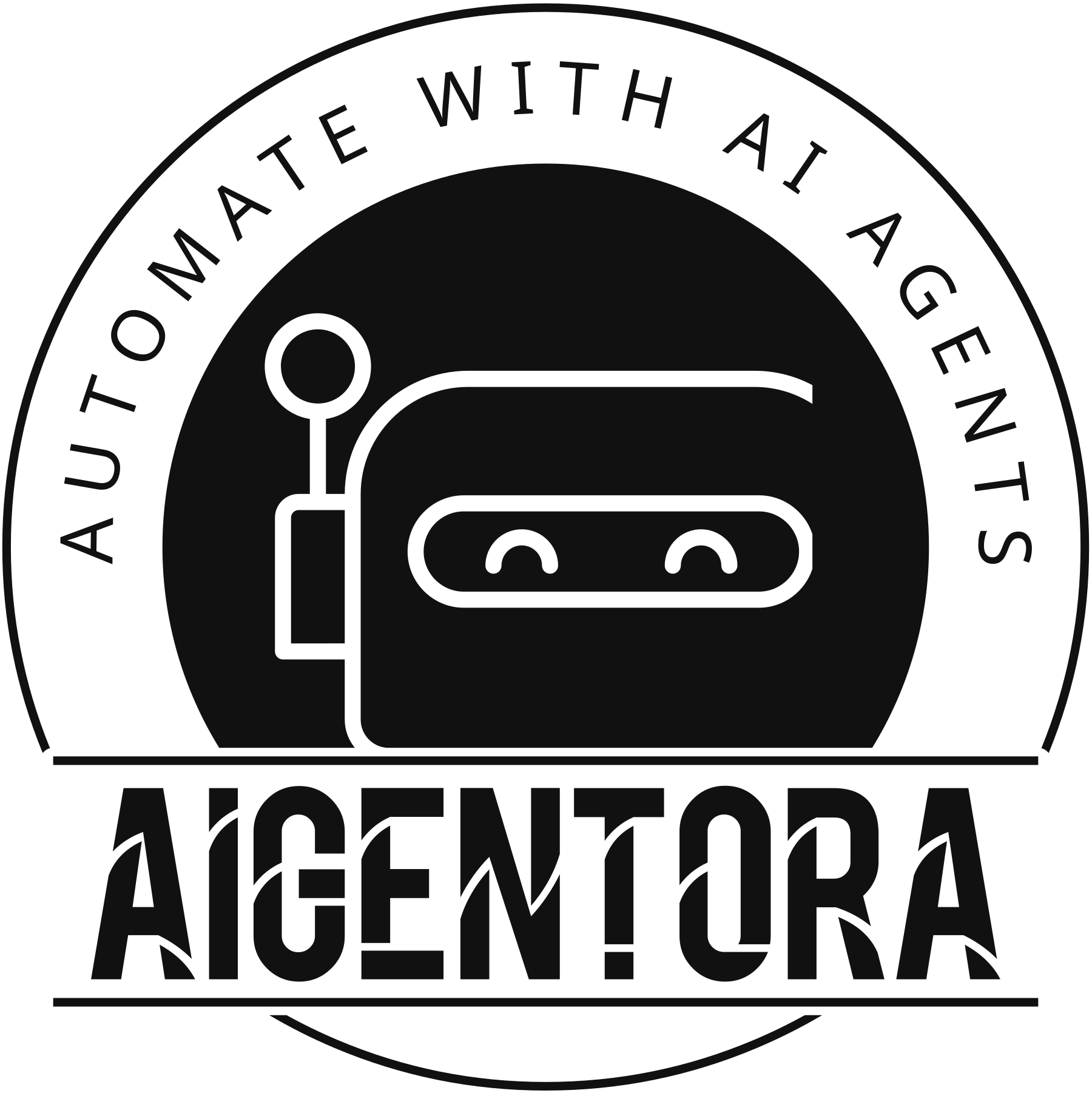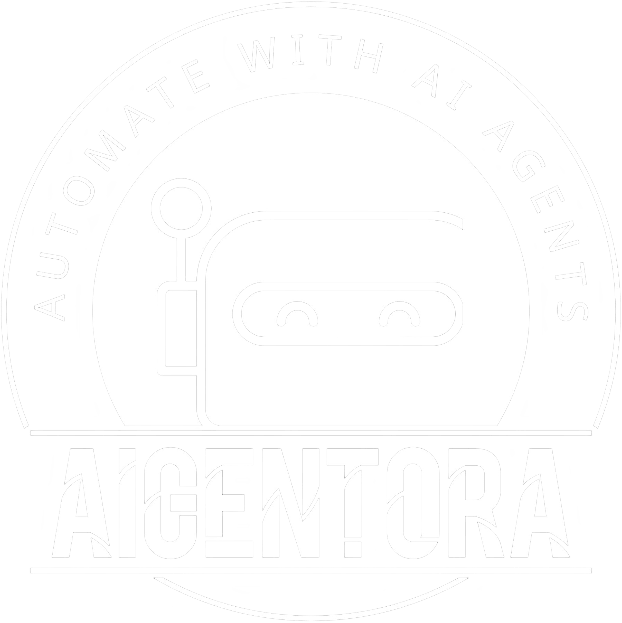What Workflow Automation Means for Your Operations?
Workflow automation is the use of technology to perform recurring tasks or processes in a business where manual effort can be replaced. By leveraging AI and rule-based systems, businesses can automate data flows, customer communications, document approvals, and internal operations.
📈 Real-World Impact of Automation
Businesses report up to 80% time saved on repetitive tasks.
Organizations with automation in place experience 30-50% fewer errors in reporting and compliance workflows.
Teams become more agile—able to scale output without scaling headcount.
🏭 Industries We Automate
📝 Agencies & Professional Services
Create tasks and calendar events when a lead converts.
Automate sending contracts and follow-ups using tools like PandaDoc or DocuSign.
Sync tracked billable hours with invoicing platforms like QuickBooks or Xero.
🏥 Healthcare
Use AI assistants to book patient appointments and send reminders via SMS.
Auto-fill insurance claim forms and validate entries.
Coordinate multi-department staff onboarding and role provisioning.
💳 Finance & Accounting
Match bank feeds to internal ledgers for reconciliation.
Automatically approve expense reports under a certain threshold.
Email stakeholders when budget limits are approached.
🎓 Education & eLearning
Send course access credentials after successful registration.
Automate assessment results and track student progress.
Send certificates via email once modules are completed.
🛒 E-Commerce & Retail
Auto-generate restock orders when inventory falls below threshold.
Notify warehouse teams and send shipping labels via third-party logistics APIs.
Tag VIP customers and trigger loyalty campaigns.
👥 HR & Internal Operations
New employee checklists: document collection, system setup, team introductions.
Auto-assign training modules and send reminders.
Generate weekly productivity reports.
🏗️ Manufacturing & Supply Chain
Trigger restocking workflows based on demand forecasting.
Alert managers when delays exceed predefined SLAs.
Automate vendor evaluation and onboarding.
🎨 Media & Creative Agencies
Set up automated approval flows from client feedback.
Aggregate data from Facebook Ads, Google Analytics, and send weekly performance reports.
Schedule posts and assign content tasks automatically.
🛠️ Our Step-by-Step Approach to Workflow Automation
Discovery & Consultation
We begin by assessing your current workflows and identifying the most impactful automation opportunities.Blueprint & Workflow Design
We design automation architecture—defining triggers, rules, actions, fallback scenarios, and notifications.Tool Selection & Integration
We implement using platforms like Zapier, Make (Integromat), n8n, Airtable, or custom-coded solutions using your APIs.Testing & Training
We run sandbox tests, create fallback logic, train your team with videos/docs, and simulate live environments.Launch & Optimization
Once live, we monitor performance, analyze ROI, and iterate—ensuring scalability and long-term impact.
🔌 Tools & Platforms We Integrate
Automation Tools: Zapier, Make, Pabbly, Retool, Workato, Tray.io
CRMs: Salesforce, HubSpot, Zoho, Freshsales, Pipedrive
Ecommerce: Shopify, WooCommerce, Magento, Wix
Scheduling: Calendly, Google Calendar, Zoom, Twilio
Finance: Xero, QuickBooks, FreshBooks, Stripe
Cloud Storage: Google Drive, Dropbox, Notion, Airtable
🛡️Why Choose Aigentora?
Speed: Deploy MVP in 7–10 business days.
Scalability: Modular design grows with your team or product.
Security: Built with enterprise-grade data encryption, GDPR and HIPAA-ready.
Customization: Deeply tailored to your operations—no one-size-fits-all.
AI-Driven: Our unique blend of AI agents + automation logic enables smarter, contextual decisions.
🔐Security & Compliance
Encrypt all sensitive data in transit and at rest.
Implement access control logic based on user roles and conditions.
Ensure compliance with GDPR, HIPAA, SOC 2, and other industry regulations.
Everything You Need to Know: FAQ About Business Automation
AI-powered workflow automation uses artificial intelligence and rule-based systems to perform routine business tasks with minimal human input. It connects tools, triggers actions based on events, and ensures processes run efficiently across departments like HR, finance, sales, and support—helping teams save time and reduce errors.
Workflow automation helps companies scale operations without hiring more staff, reduces manual mistakes, and improves speed and accuracy. It lets teams focus on strategic work by automating repetitive tasks like data entry, reporting, approvals, and notifications, all of which directly impact productivity and profitability.
Tasks such as sending onboarding emails, syncing billing data, scheduling meetings, generating reports, or triggering restock orders can be fully automated. Whether it’s processing insurance claims in healthcare or sending certificates in education, AI can streamline operations across nearly every industry.
By eliminating manual data entry and human oversight in routine workflows, AI automation significantly lowers the chance of errors. It enforces consistency, maintains audit trails, and ensures that actions happen exactly when they should—improving compliance and reducing business risk.
Yes, modern automation platforms like Zapier, Make, n8n, and Workato integrate seamlessly with popular tools including CRMs, email services, finance platforms, and scheduling tools. Whether you’re using Shopify, Salesforce, Google Calendar, or QuickBooks, automation can tie them all together.
Not necessarily. Many automation tools offer no-code or low-code interfaces that non-technical users can manage. For more complex use cases or custom APIs, developers may be involved initially, but once set up, most workflows run independently and can be updated with minimal effort.
Companies report saving up to 80% of time spent on repetitive tasks and a 30–50% reduction in human errors. For example, fashion retailers use automation to manage inventory, while fintech companies automate contract workflows—resulting in faster turnaround, better compliance, and measurable ROI.
The cost varies by complexity, but most businesses see a fast return on investment within weeks. By reducing labor hours, preventing mistakes, and accelerating processes, automation pays for itself quickly—especially when paired with AI decision-making that adds intelligence to every workflow.






